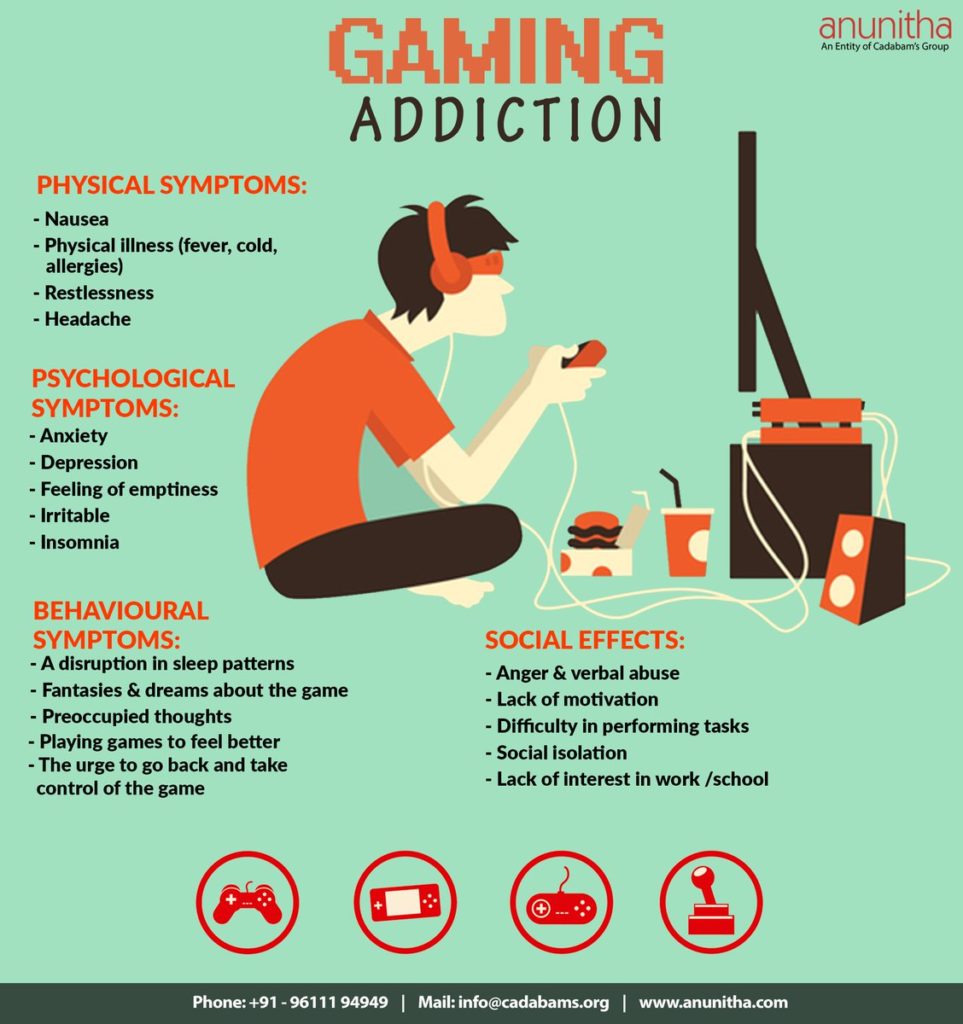Understanding Gaming Addiction
Gaming addiction is a behavioral disorder characterized by excessive and compulsive use of video games, leading to negative consequences in various aspects of life. Understanding the signs and symptoms of gaming addiction is crucial for prevention. Common indicators include neglecting personal responsibilities, social isolation, and a decline in academic or work performance. Recognizing these signs early can help individuals take proactive steps to mitigate the risks associated with excessive gaming.
Moreover, the psychological aspects of gaming addiction, such as escapism and the need for instant gratification, play a significant role in its development. Many gamers turn to video games as a way to escape from real-life stressors, which can create a cycle of dependency. By understanding these underlying motivations, individuals can better address their gaming habits and seek healthier coping mechanisms.
Setting Healthy Boundaries
Establishing clear boundaries around gaming time is essential in preventing addiction. This can involve setting specific time limits for gaming sessions and adhering to a schedule that prioritizes other activities, such as exercise, socializing, and academic responsibilities. By creating a balanced routine, individuals can enjoy gaming without it interfering with their daily lives.
Additionally, using tools like timers or parental controls can help enforce these boundaries. For parents, discussing gaming limits with children and involving them in the decision-making process can foster a sense of responsibility and awareness about healthy gaming habits. This collaborative approach not only helps in setting limits but also encourages open communication about gaming and its potential risks.
Encouraging Alternative Activities
One effective way to prevent gaming addiction is to encourage participation in alternative activities. Engaging in hobbies such as sports, reading, or creative arts can provide fulfilling experiences that reduce the allure of excessive gaming. By diversifying interests, individuals can find joy and satisfaction outside of the gaming world.
Moreover, social activities, such as joining clubs or participating in community events, can help build connections and reduce feelings of isolation that often accompany gaming addiction. Creating a well-rounded lifestyle that includes various interests can significantly diminish the time spent on gaming and promote overall well-being.
Promoting Open Communication
Open communication about gaming habits is vital in preventing addiction. Families and friends should feel comfortable discussing their gaming experiences, including any concerns about excessive play. This dialogue can help identify potential issues early on and foster a supportive environment where individuals feel safe to express their feelings and seek help if needed.
Additionally, educating oneself and others about the risks associated with gaming addiction can empower individuals to make informed choices. Sharing resources, such as articles or support groups, can further enhance understanding and provide avenues for assistance. By promoting a culture of openness, individuals can work together to combat gaming addiction effectively.
Seeking Professional Help
If gaming habits become problematic, seeking professional help is a crucial step. Therapists and counselors specializing in behavioral addictions can provide valuable support and strategies for managing gaming behavior. Cognitive-behavioral therapy (CBT) is one effective approach that helps individuals understand the triggers of their gaming habits and develop healthier coping mechanisms.
Furthermore, support groups can offer a sense of community and shared experiences, making it easier for individuals to confront their challenges. By recognizing when professional intervention is necessary, individuals can take significant steps toward overcoming gaming addiction and reclaiming control over their lives.
Gaming addiction can have serious consequences on an individual’s life. Here are some effective strategies to prevent it:
| Strategy | Description |
|---|---|
| Set Time Limits | Establish specific time frames for gaming sessions to avoid excessive play. |
| Encourage Other Activities | Promote hobbies and interests outside of gaming, such as sports, reading, or art. |
| Monitor Game Content | Be aware of the types of games being played and their potential impact on behavior. |
| Promote Social Interaction | Encourage face-to-face interactions with friends and family to build strong relationships. |
| Educate About Risks | Inform about the signs of gaming addiction and its effects on mental and physical health. |
| Use Parental Controls | Utilize built-in parental controls to limit gaming time and access to certain content. |
| Seek Professional Help | If gaming addiction is suspected, consult a mental health professional for guidance. |
This HTML document provides a structured overview of strategies to prevent gaming addiction, formatted in a clear and informative table.

